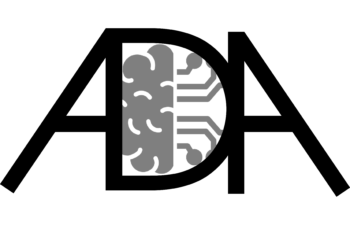
A.D.A
Sheffield Hallam University (UK). A.D.A. is a wearable personalised aid that tracks daily movements, providing digital feedback to help prevent falls.

AI Interaction Advisor
Amicus Brain Innovations (USA). An interactive voice and text-assistive device that can help with ‘broken speech’ and online communication, promoting digital inclusion for people living with dementia.
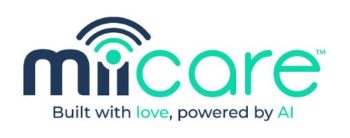
AIDE (AI for Dementia Empowerment and Engagement)
MiiCare (UK). This virtual voice companion offers digital interventions such as a medicine sensor (confirming when and which medicine has been taken) to support general health.

AI-enabled personalised digital reminiscence platform
Memory Lane Games (Isle of Man). This AI game-like software promotes positive social experiences that can help delay decline in brain function.

AI-based digital health system
KITE – Toronto Rehabilitation Institute (Canada). A preventative AI-based digital health system that can detect and respond to risky behaviour, limiting the chance of injuries for those living with dementia.
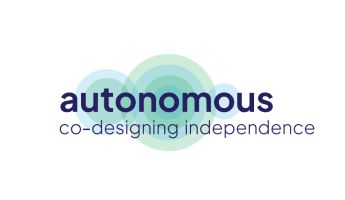
AUTONOMOUS
Associação Fraunhofer Portugal Research (Portugal). An AI-system that can be integrated into existing technologies such as smart watches to offer communication assistance for people living with dementia and prolong independent living at home.
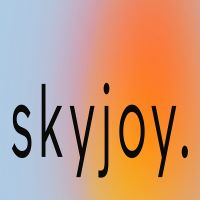
Biodynamic lighting/sensing
Skyjoy (UK). Biodynamic lighting simulates the sun’s daily cycle, easing sundowning symptoms (restlessness, agitation, irritability or confusion that can worsen as daylight fades) and improving general wellbeing.
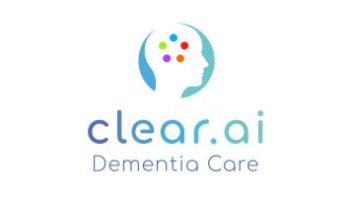
CLEAR AI
Ulster University (UK). A digital platform that monitors daily routines, collecting data to identify triggers of agitation and then respond with interventions to mitigate these.

CrossSense
Animorph Co-operative (UK). A wearable augmented reality cognitive aid that combines sensory inputs (such as sound and sight) to help slow memory decline and improve recall.
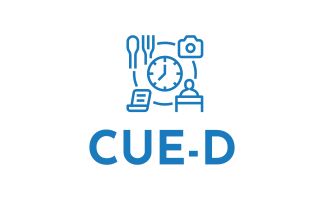
CUE-D
University of Toronto (Canada). A machine learning and artificial intelligence device that flags when someone has lost track of a task through behavioural and physiological indicators, then provides the relevant cues to get them back on track.
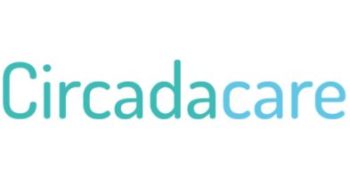
DAWN
Circadian Lighting Ltd, (UK). A replacement lightbulb that uses AI learning patterns to detect deteriorations in behaviour. The bulb also provides optional reminders to help with daily activities, lessening caregivers’ workload and helping people living with dementia maintain independence.

DementiaConnect
Cardiff Metropolitan University (UK). A mobile app-based solution that creates personalised digital interventions to help alleviate sundowning symptoms (restlessness, agitation, irritability or confusion that can worsen as daylight fades).

eargym
eargym (UK). A hearing monitor for people living with dementia to help them retain their physical health and independence for longer.
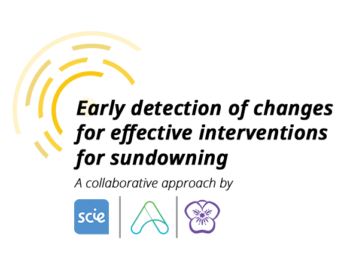
Early detection changes in the symptoms of dementia for effective interventions for sundowning
Social Care Institute for Excellence (UK). Home based technology that monitors a person’s daily routine, to spot early signs of sundowning and provide insights to support interventions.

iMAGIC
Khalifa University (United Arab Emirates). iMAGIC smart glasses offer various assistive features that include facial recognition, reminders and alerts, zooming in and out to facilitate navigation, phone calls to loved ones and vital sign monitoring to assist people living with dementia in their everyday life.

LiveFree
University of Edinburgh (UK). A sensor system that monitors everyday routines, providing interventions and suggestions to help guide people living with dementia in their daily activity.

LUC101
LUCID Inc (Canada). LUC101 is a system that offers personalised music sessions designed to ease anxiety and agitation for people living with dementia.
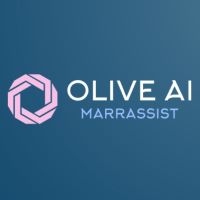
MarrAssist
Olive AI Limited (UK). A personalised AI-powered avatar (icon representing a particular person, based on a loved one) that provides reminders and prompts to help promote independence.

MemoryAId
The MARCS Institute, Western Sydney University (Australia). A tailored, multi-component home assistant that helps with daily activities through reminders and prompts for people living with dementia.

PORTA D
La Guapa Media (Colombia). An immersive, virtual-reality experience that simulates therapeutic and familiar environments with breathing techniques, easing anxiety and agitation experienced by people living with dementia.
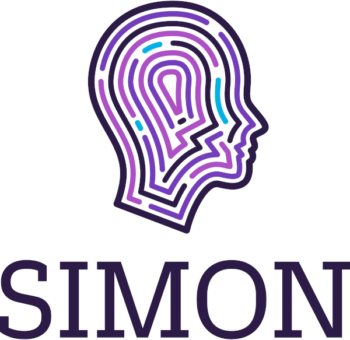
Simon Care Management
Simon Care Management Corporation (United States). A web/mobile hybrid application which hosts frequent contacts, an interactive map, and a calendar that deploys AI to learn users’ habits and provide them with nudge supports to guide them towards solutions.

Supersense Technologies
Supersense Technologies Ltd (UK). A 4G-enabled digital hub placed in the home of a person living with dementia, enabling them to connect with caregivers and family, and maintain their independence for longer.

The Dorothy Community
Care City CIC, (UK). A digital “yellow brick road” app that offers directions via colourful arrows and pathways on the screen, helping people living with dementia navigate their area independently.
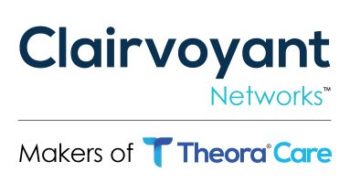
Theora 360
Clairvoyant Networks, Inc (USA). Theora 360 is a remote monitoring system that uses sensors to provide insight into behaviour around falls to help when caregivers are not present, ensuring safety and independence.












